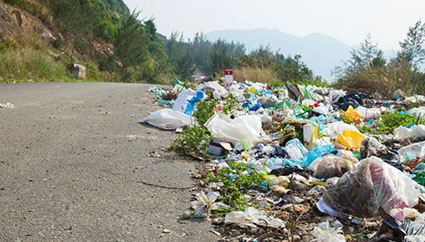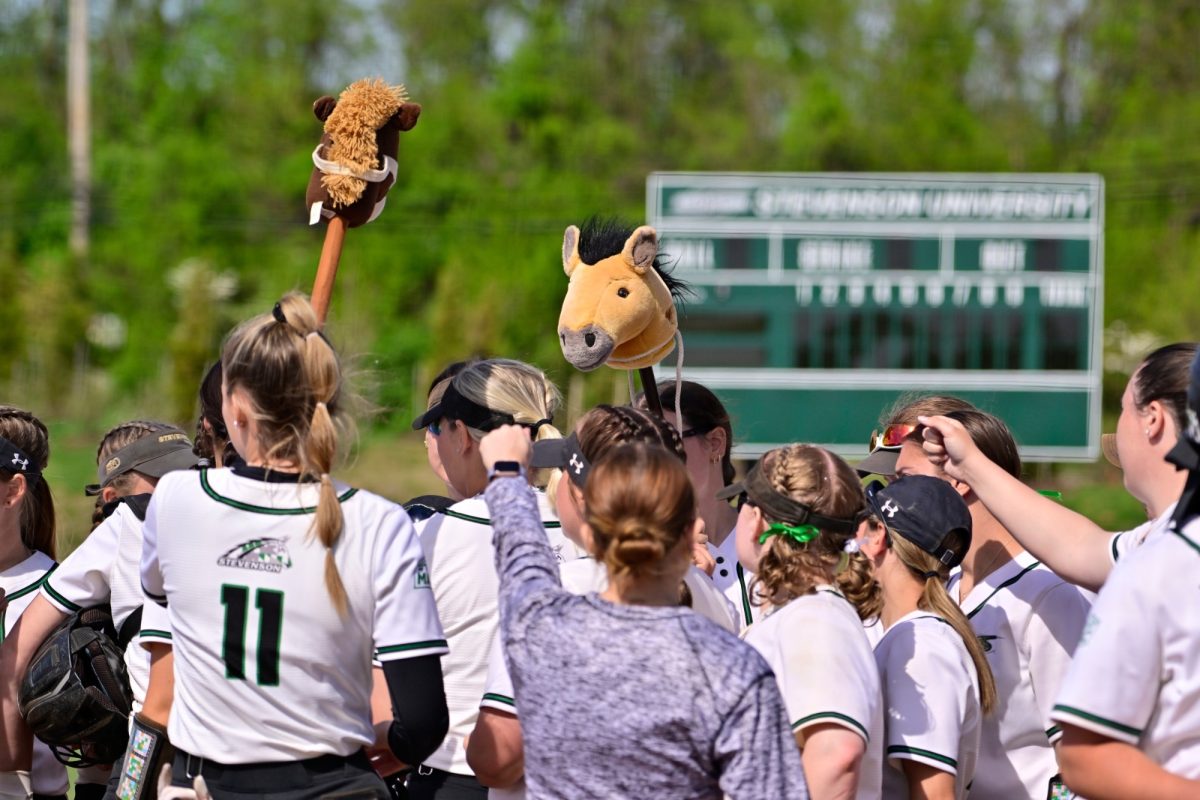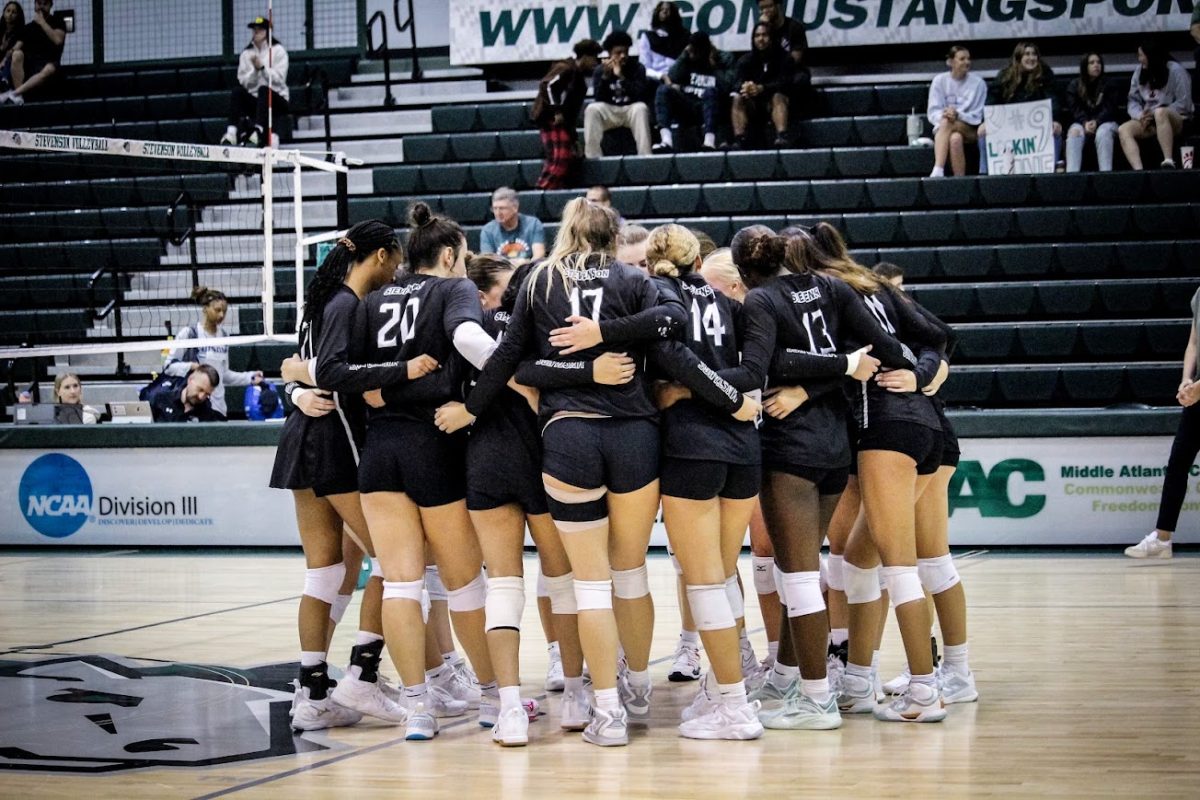Dear Editor:
Littering is something that all of us are far too familiar with. Whether it be seeing cigarette butts on the street or local fast food bags tossed out of the window. Unfortunately, littering is commonplace and appears mostly in metropolitan areas. The impacts that littering has, whether it be short or long term, are important to acknowledge if one wishes to make their community more sustainable.
Cigarette butts are a major source of litter. They are especially dangerous because they can ignite a flammable substance (dry leaves, papers), which can cause fires in places where there is a lot of people. These finished cigarettes should be put out properly using an ash tray to prevent fires. Also, used cigarettes alone constitute a high proportion of total trash littered. Of the total litter on highways, 40% is from cigarettes. (Americans for Nonsmokers’ Rights, 2016). Cigarettes are not only bad for the individual using it but also is something that is littered.

The trash on roadways appears likely from people throwing recyclables out of their car window, overfilled trash bins that get blown away on a windy day, garbage trucks, etc. Unfortunately, loose trash could lead to car crashes. I have seen multiple times where grocery bags are soaring loose on the road and gets caught in the grille of another car. The grille of a car is one place, but even worse, it can appear on the windshield where the driver’s vision is compromised. This happened to me a few times, and I was worried that I would not be able to pull to the side of the road in time.
Also, cities in particular have been the notorious place for littering. Cities have much more trash on the streets in comparison to suburban areas because the volume of people in a given day is much higher. Secondly, it is becoming customary for people to litter in cities because it has become a norm. Littering is a bad habit that is reinforced by seeing other people do it. After seeing so much trash in major cities, I can only imagine that people may think that the trash they have to throw on the ground would not make much of a difference. Therefore, I believe the status of some communities are already depreciated and are vulnerable to getting worse. For those like myself, a clean and peaceful-looking town, city, or backyard is a nice way to show love for where and how we live. People that come to visit our town, whether they be family members or tourists, hope to see that we take care of our environment, and what a way to scare them away with our fast-food garbage wedged in bushes!
From an economic standpoint, the government has a budget set aside specifically for littering revenue (Keep America Beautiful, 2010). This revenue is sustained by government dollars from taxpayers. In short, we are paying for the litter we drop. Why not save money by properly disposing it? Even though the government has this service in communities, the labor force is insufficient due to the lack of funds. Because of this, many communities rely on volunteers to pick up trash instead of hiring paid individuals. Stevenson University’s Center for Environmental Stewardship is hosting a Stream cleanup on campus on April 6th to help clean up litter and promote a sustainable environment. Come join us in preserving our environment. This is an issue that can’t be fixed if we do not all work together.
Jazz Tyler Jacobs































































